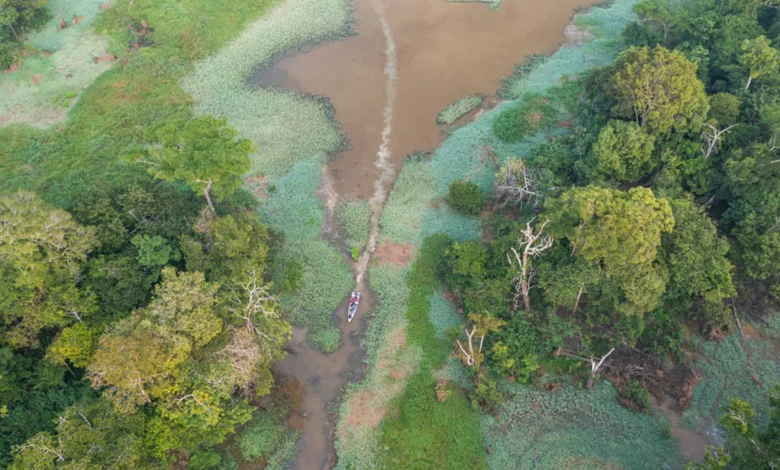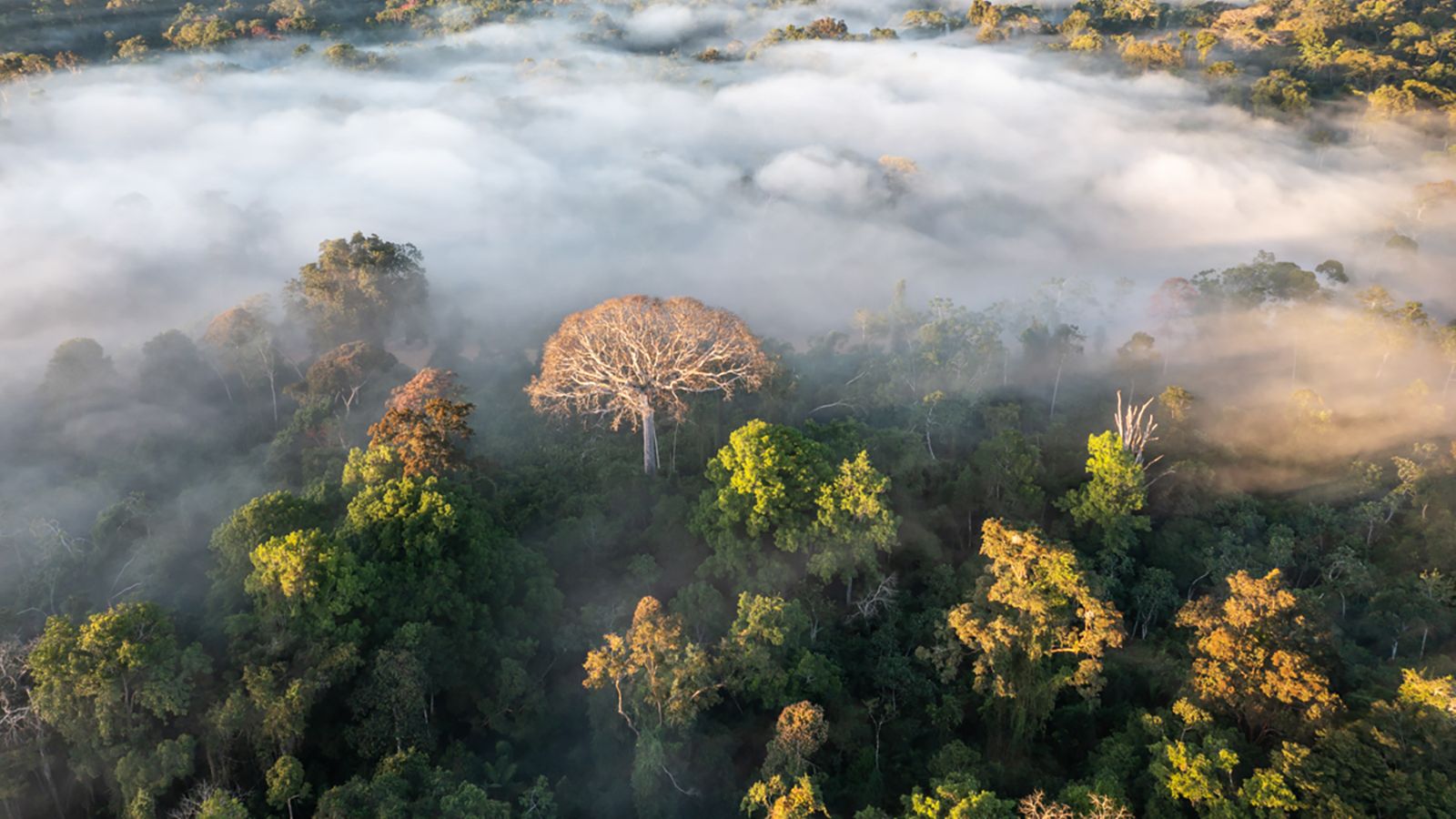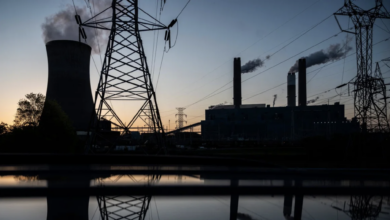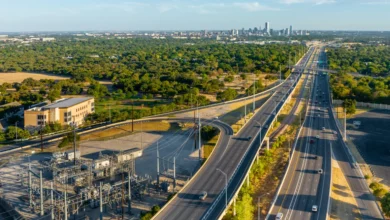
The Amazon has proven resilient to natural changes in the climate for 65 million years, but deforestation and the human-caused climate crisis have brought new levels of stress and could cause a large-scale collapse of the forest system within the next three decades, the study said.
The researchers predict that 10 percent to 47 percent of the Amazon will be exposed to stresses that could push the ecosystem to its tipping point, a critical threshold that once crossed will lead to a downward spiral of impacts.
The study, led by researchers at the Federal University of Santa Catarina in Brazil and published in the journal Nature, takes a holistic approach to estimating how soon the Amazon could reach that threshold.
The study’s authors looked at the impact of warming temperatures, extreme droughts, deforestation and fires to draw their conclusions.
“We already knew about all these factors at play, but once we connected the pieces of this complex puzzle, the image was alarming,” Bernardo Flores, lead author of the study, told CNN. “Our findings revealed how the Amazon forest system could enter a phase of self-reinforced collapse sooner than previously thought.”
Previous studies had not predicted a collapse of this scale could happen in the 21st century.
A collapse of the Amazon, the world’s vastest tropical rainforest, would weaken its ability to absorb planet-warming carbon pollution from the atmosphere, which would exacerbate global warming. Once known as the lungs of the planet, the Amazon has already become a net emitter of carbon emissions, meaning it releases more carbon into the atmosphere now than it absorbs. Forest fires and logging are the main reasons for that change.
But the forest is still a huge, crucial carbon sink. It holds the equivalent of 15 to 20 years of the entire world’s global carbon stores.
A loss of ‘flying rivers’
The study also shows how a deteriorating Amazon could impact forests in other parts of South America.
The Amazon is crucial for water supply across the region, the study said, contributing as much as half of its rainfall through what the authors call “flying rivers” – rain that originates over the Amazon and spreads to other parts of the region. That means other forests and ecosystems that rely on rain are able to thrive. Those places include the Pantanal wetlands — the world’s largest tropical wetlands that cross Brazil, Bolivia and Paraguay — and the La Plata River basin, a biodiverse and crucial water system that drains one-fifth of South American land.
The Amazon provides moisture beyond the region, too.
“The Amazon forest is a major pump of moisture into the atmosphere, contributing to circulation processes that transfer moisture across the globe,” Flores said. “When the forest is reduced, this weakens this process, causing the global climate to find a new equilibrium.”

The authors of the study noted that water stress was a common factor in the disturbances to the Amazon. Water stress occurs when there is not enough water to meet human or ecological needs.
Global warming is intensifying the effects of water stress by causing the Amazonian climate to become drier and warmer. This increases water stress on trees, particularly those with low drought resistance in northwest parts of the forest, which “could suffer massive mortality if suddenly exposed to severe water stress,” according to the study.
Reaching its tipping point could also make parts of the Amazon uninhabitable due to unbearable heat and a lack of resources for indigenous peoples and local communities, the study shows.
“A war of attrition on the Amazon rainforest is being waged through human-caused climate change and deforestation, which is sending this irreplaceable jewel of the planet to the brink,” said Richard Allan, a professor in Climate Science at the University of Reading, who was not involved in the study. “These critical effects … are compounded by continued destruction of forest for agriculture, settlement, and industry.”
The study recommends ending deforestation, promoting forest restoration, and expanding protected areas and Indigenous territories. Flores also stressed the need for global cooperation to cut greenhouse gas emissions and emphasized the importance of Amazonian countries cooperating to promote forest restoration.




